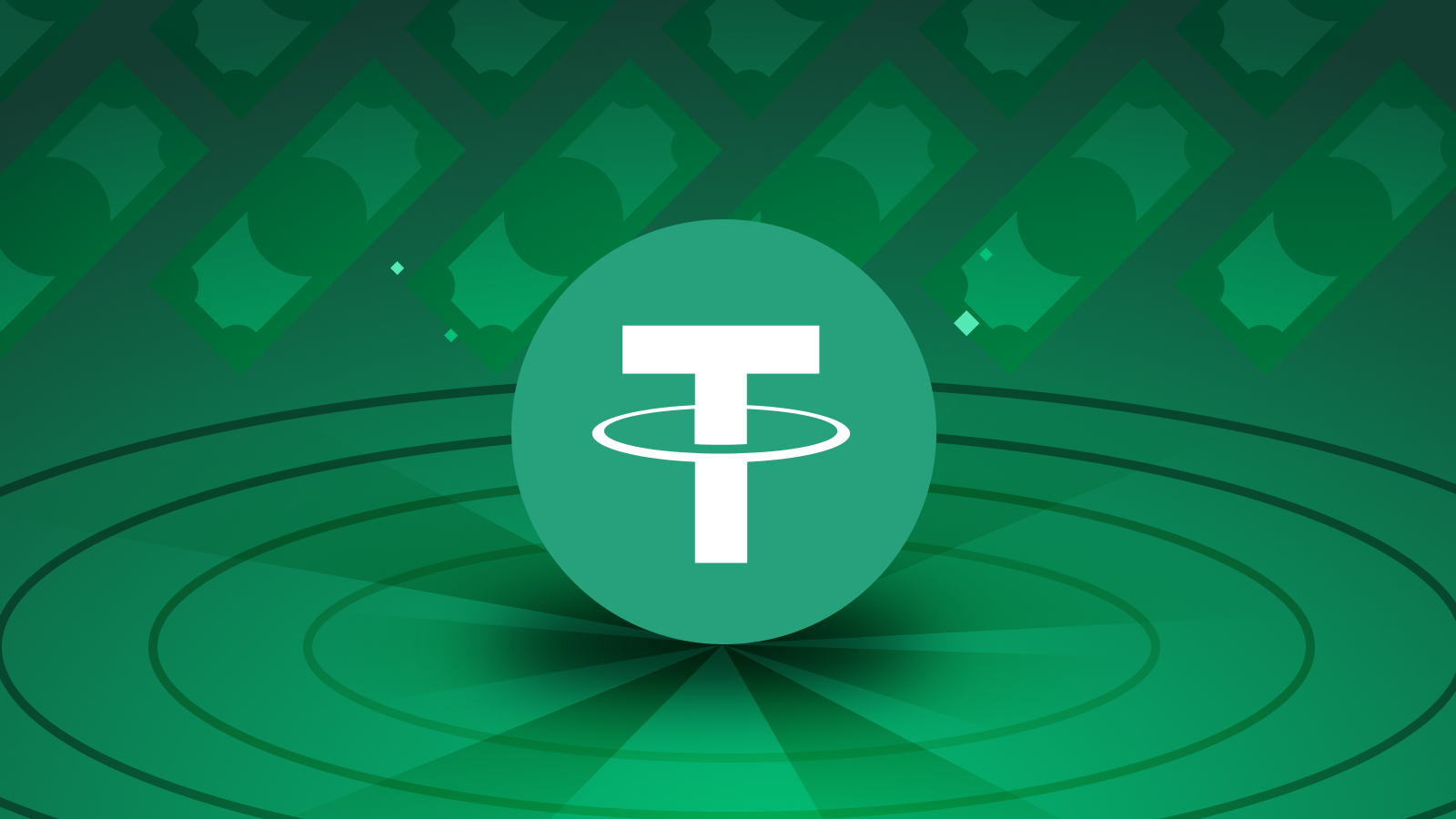According to the report, alternative stablecoins like USD Coin could see advantages from the anticipated regulatory crackdown, potentially increasing their market share.
In a research report released on Thursday, JPMorgan (JPM) stated that the growing prominence of the stablecoin tether (USDT) is detrimental to the broader cryptocurrency ecosystem. The bank expressed concern over the “growing concentration in tether over the past year,” viewing it as a negative development for the stablecoin sector and the wider crypto landscape.
Analysts led by Nikolaos Panigirtzoglou wrote that stablecoin are encountering regulatory uncertainty across various jurisdictions, with tether being particularly vulnerable due to its insufficient regulatory compliance and transparency.
However, there is an opportunity for other stablecoins, according to the bank, as issuers that have adhered more closely to existing regulations could capitalize on any ensuing crackdown and gain market share. One such candidate could be USD Coin (USDC), which has filed for public share offerings in the U.S. The report suggests that USDC seems to be positioning itself for expansion into various jurisdictions and proactively preparing for impending stablecoin regulations.
JPMorgan highlights that tether has recently experienced significant growth in both market capitalization and market share, achieving widespread adoption across centralized crypto exchanges and decentralized finance (DeFi) platforms. Last week, the stablecoin issuer announced record-breaking profits of $2.85 billion for the previous quarter, with its flagship token nearly reaching a $100 billion market capitalization.
Furthermore, the stablecoin has benefited from the “instability” observed in competitors like USDC and Binance’s BUSD, as mentioned in the report.



